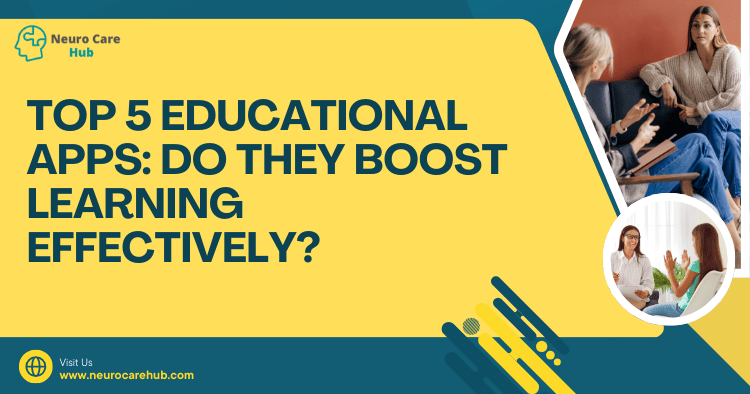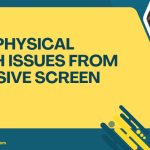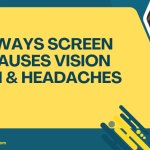Table of Contents
- Introduction
- The Rise of Educational Apps
- Criteria for Evaluating Educational Apps
- Top 5 Educational Apps
- Are Educational Apps Effective?
- FAQs
- Conclusion
Introduction
In the digital age, educational apps have transformed the way we learn, making knowledge accessible at our fingertips. With countless options available, questions arise: Are these apps truly effective in boosting learning? In this article, we will explore the rise of educational apps, criteria for evaluating their effectiveness, and highlight five standout applications that may enhance your learning experience.
The Rise of Educational Apps
Educational apps have surged in popularity over the past decade. According to a report by Statista, the global e-learning market is expected to reach $375 billion by 2026. This growth reflects an increasing reliance on technology in education, with apps catering to diverse subjects and learning styles. Whether you’re a student, a professional looking to upskill, or a parent seeking resources for your child, there’s an app for you.
Why the Popularity?
1. Accessibility: Learning can happen anytime and anywhere.
2. Engagement: Gamified learning experiences keep users motivated.
3. Customization: Many apps allow users to tailor their learning paths.
4. Affordability: Many educational apps are free or low-cost compared to traditional learning resources.
Criteria for Evaluating Educational Apps
As you explore various educational apps, consider the following criteria to determine their effectiveness:
| Criteria | Description |
|---|---|
| User Experience | Is the app intuitive and easy to navigate? |
| Content Quality | Is the information accurate, up-to-date, and comprehensive? |
| Engagement | Does it incorporate interactive elements to keep learners engaged? |
| Feedback Mechanism | Does it offer feedback to help learners track their progress? |
| Customization | Can users adjust settings to suit their learning preferences? |
Top 5 Educational Apps
1. Duolingo
Duolingo is a language-learning app that makes mastering a new language fun and engaging. With its gamified approach, users earn points and unlock levels as they complete lessons.
- Pros:
- Free to use with optional premium features.
- Supports numerous languages.
- Interactive exercises enhance vocabulary and grammar skills.
- Cons:
- Limited conversational practice.
- May not delve deeply into complex grammar rules.
Did You Know?
Duolingo uses a unique approach known as “spaced repetition” to improve memory retention, making language learning more effective.
2. Khan Academy
Khan Academy is a non-profit educational platform offering free courses on a wide range of subjects, from mathematics to arts and sciences.
- Pros:
- Comprehensive video tutorials and practice exercises.
- Personalized learning dashboard.
- High-quality, expert-led content.
- Cons:
- Some users may find the interface cluttered.
- Self-directed learning may not suit everyone.
Quick Tip:
Khan Academy’s system allows you to learn at your own pace, so don’t hesitate to revisit topics until you feel confident!
3. Quizlet
Quizlet is an interactive study tool that allows users to create flashcards and quizzes. It’s particularly popular among students preparing for exams.
- Pros:
- Customizable study sets.
- Various study modes, including games and tests.
- Collaborative features for group study.
- Cons:
- User-generated content can vary in quality.
- Limited subject depth in some areas.
Fun Fact:
Quizlet has over 300 million study sets created by users, covering a vast array of topics!
4. Elevate
Elevate is a brain-training app designed to improve various cognitive skills, including reading, writing, and math.
- Pros:
- Tailored training programs based on user performance.
- Engaging exercises that challenge cognitive abilities.
- Progress tracking to monitor improvements.
- Cons:
- Free version has limited access to features.
- May not be suitable for all learning styles.
Insight:
Elevate offers a variety of games that adapt to your skill level, making practice both challenging and rewarding.
5. Seesaw
Seesaw is a digital portfolio platform that empowers students to showcase their learning. It’s widely used in classrooms to facilitate communication between teachers, students, and parents.
- Pros:
- Encourages creativity and self-expression.
- Facilitates feedback and collaboration.
- User-friendly interface for all ages.
- Cons:
- Features may vary based on the school’s subscription.
- May require parental guidance for younger users.
Note:
Seesaw is not just for students; it offers parents a window into their child’s learning journey!
Are Educational Apps Effective?
The effectiveness of educational apps can vary based on the user’s learning style and goals. Research published in the Journal of Educational Psychology suggests that digital tools can enhance learning when they encourage active participation and provide immediate feedback. However, it’s essential to balance app usage with traditional learning methods.
Key Takeaways:
- Active Learning: Apps that promote engagement and interaction tend to be more effective.
- Supplementary Tool: Use apps as a supplementary tool rather than a primary source of education.
- Regular Assessment: Regularly assess your progress to make the most of your learning experience.
FAQs
Q: Are educational apps suitable for all ages?
A: Yes, there are educational apps designed for various age groups, from preschoolers to adults.
Q: Can educational apps replace traditional learning methods?
A: While apps can enhance learning, they should complement traditional methods rather than replace them.
Q: How do I choose the right educational app for my needs?
A: Consider your learning goals, preferred subjects, and the criteria mentioned earlier to find an app that suits you best.
Conclusion
Educational apps can be powerful tools in the learning process, offering unique benefits that can complement traditional education. By understanding their effectiveness and exploring the top options available, you can make informed decisions to enhance your learning journey. Whether you’re brushing up on a language, mastering a new subject, or honing cognitive skills, there’s an app that can help you achieve your goals. Happy learning!
Also Look For
If you’re interested in the intersection between neuro care and educational apps, consider exploring how neuro care practices can enhance learning. Check out Top 5 Essential Insights on Neuro Care You Need to Know to understand how brain health impacts learning and cognitive development.






